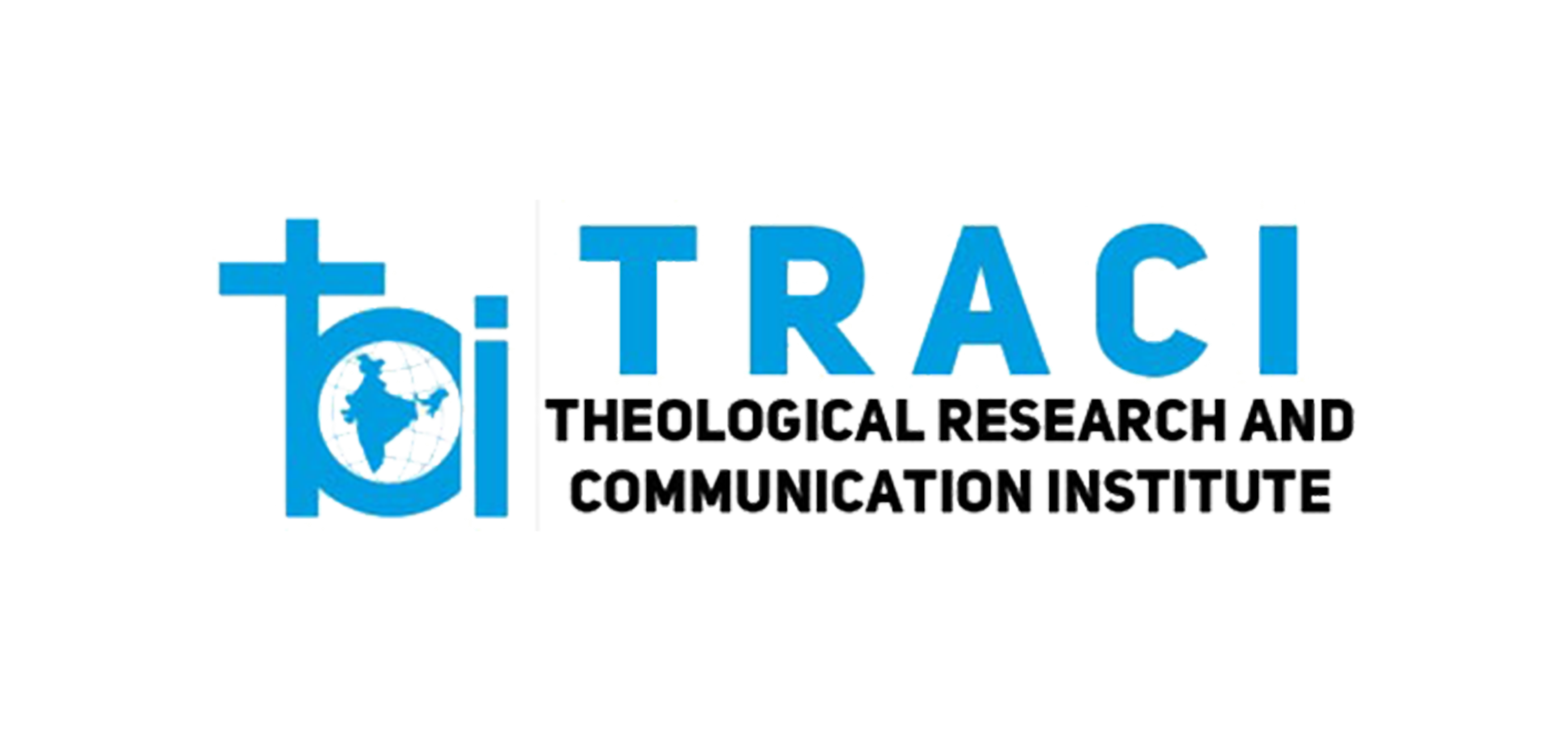Now that the new government has been formed and the newly elected Lok Sabha members have been sworn in, the question that may be uppermost in many people’s mind would be as to how the PM’s third term will be different from his previous two terms. Will dependence upon alliance partners for the survival of the government make any significant change in the way of its functioning? Will the Prime Minister’s approach towards governance mark a shift on account of leading a coalition government? Will a stronger opposition in the Parliament make him to move towards consensus building on issues of national importance or will the government continue to pursue the ideological agendas of the previous BJP government?
If the first few days of the working of this new government is any indicator it seems determined to walk the same path that it has meticulously carved out in the last ten years. On the issues of the appointment of the Lok Sabha Speaker the government has opted for election rather taking the route of consultation for a Consensus candidate and has decided not to follow the convention to offer the post of the Deputy Speaker to the Opposition.
What would then be future of this government? Will it be able to last its full term? Or will internal bickering within the party grow in the coming months? Whether the critical comments made by the RSS chief Mr. Bhagwat and Senior Functionary Mr. Indresh Kumar were meant for introspection within the party or were indications of a growing distance between RSS and BJP is not clear at the moment.
The opposition after tasting victory in the main battlefield of UP has become charged and will not lose any opportunity to bring the government to the mat and exploit the differences among its coalition partners. Issues of paper leak in NEET and UGC NET exams have already provided it ready fodder to train their guns against the government. Forthcoming assembly elections are due within the next one year in the States of Haryana, Maharashtra, Delhi, Jharkhand and Bihar and the Union Territory of Jammu and Kashmir. The Opposition alliance will try its best to win some of these states and if they are able to form government in a few of these states it will further strengthen their power and resolve to try bringing down the government at the Centre.
So, what are the main issues that this government must deliver on, to meet the aspirations and expectations of the people. Providing employment opportunities for the youth by filling in the vacancies and creating new jobs must figure in its priority list, along with the long pending demands of the farmers and spurring growth in the agricultural sector, peaceful resolution of the Manipur crisis, addressing the rot in the educational system, addressing the issues of rural poverty, and strengthening the independent functioning of various government institutions whose autonomy has been violated in the recent years etc. But whether the Government will turn its attention to those burning issues of the common people or will pursue its pet projects of Uniform Civil Code, Implementation of CAA, and pursuing the vision of a Hindu Rashtra will have to be watched.
The church in India had prayed fervently before and during the elections this time. God in his sovereign will has allowed the present government to rule for another term. We may not fully understand His will and purpose when our prayers are not answered in the way we hope or desire. But we are called to continue having faith, hope and love. And greatest of these is love. (1 Corinthians13:13)
May the Lord grant us faith to persevere in trying times, hope to envision change and deep love for our fellow citizens as we gear up for this journey for another five years under this regime. We must remain active and vigilant in defending our Constitution and liberty and equality of all citizens and promoting fraternity among the diverse people of our nation. The Lord might be telling us through these election results that we need to pray harder, become more active in the affairs of our nation and work more for the things that we cherish such as democracy, freedom of expression, secularism, freedom to profess, proclaim and propagate our faith, rule of law and justice etc. For too long we had taken these things for granted. In the last ten years we have realized the threats and dangers to those highly valued notions of our Republic. Therefore, we need to join hands and build alliances with all other forces who share this common vision and idea of India.
Raaj Mondol serves as the Director-Thought Leadership in TRACI. He is also a Training Facilitator and has been involved in facilitating learning events in areas of Biblical worldview, Integral Mission, and Gender concerns.

